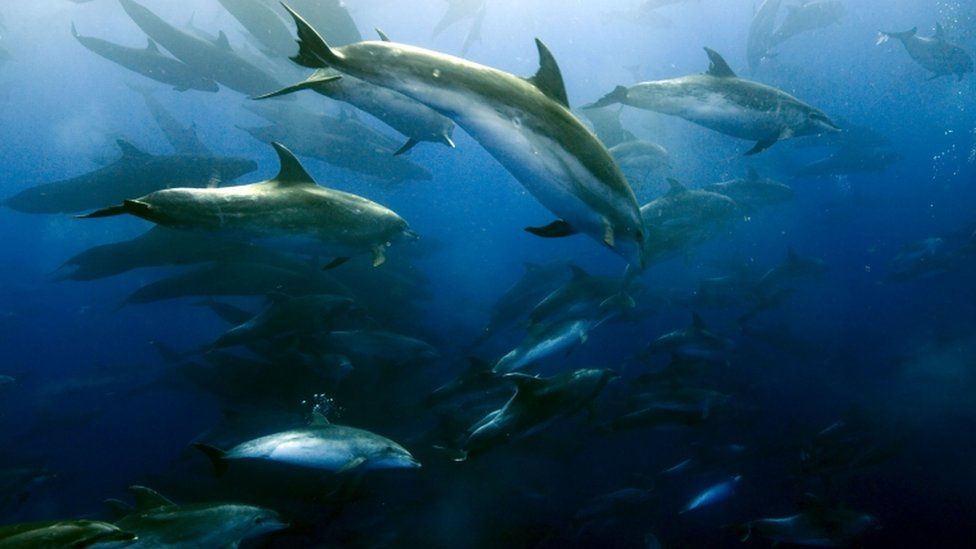
Announced as part of the decarbonisation-themed day in the COP27 Presidency agenda, the Methane Alert and Response System (MARS) will be operated as part of the UN Environment Programmes International Methane Emissions Observatory. It has secured funding from the European Commission, US Government and the Bezos Earth Fund.
Data collected by MARS will be publicly available, in what is believed to be a world first. Additionally, major emissions events will be relayed to those with the power to step in with remediation, including national governments, states and corporates. These organisations will be able to ask the MARS team to provide advice.
Data will be collected from the energy sector in the first instance. Energy production is the world’s largest source of methane, which is often generated by flaring at oil and gas facilities or released via leaks in the sector. In time, data on methane from coal, waste and agriculture will be captured. Agriculture is the world’s second-largest source of methane, primarily from livestock and rice. As such, it will be these two agriculture sub-sectors which MARS focuses on.
Methane has been steadily rising up the climate agenda in recent years as science has improved. The Intergovernmental Panel on Climate Change (IPCC) has concluded, within the past 18 months, that at least a quarter of global heating to date is attributable to methane.

Global methane pledge
Spearheaded by the US, many of the world’s highest methane emitting nations have signed up to the ‘Global Methane Pledge’. This entails reducing methane emissions by 30% by 2030 against a 2019 or 2020 baseline (some nations have chosen 2019 as a baseline as emissions dipped in 2020 due to Covid-19 lockdown restrictions. In total, 130 nations and states have signed up for the Pledge.
The UN Environment Programme’s executive director Inger Andersen said that MARS represents “a big step in helping governments and companies deliver on this important short-term climate goal”. “Reducing methane emissions can make a big and rapid difference, as this gas leaves the atmosphere far quicker than carbon dioxide,” Andersen added.
The US Climate Envoy, John Kerry, and President, Joe Biden, were both on the ground in Sharm El-Sheikh today (11 November) to deliver speeches. Both of them emphasised the importance of cutting methane emissions this decade to give the world the best chance of meeting the Paris Agreement’s 1.5C pathway.
Earlier this year, the US partnered with the EU to set out joint measures to address methane emissions from the oil and gas sector.
The US Environmental Protection Agency (EPA) has confirmed today that it is bringing forward new proposed standards to bring energy sector methane down by up to 87% by 2030, against a 2005 baseline. If implemented in full, the EPA claims, the proposals will mitigate 36 million tonnes of methane between 2023 and 2035, equivalent to all of the greenhouse gas emissions of all of the US’s coal-fired power plants in 2020.
Internationally, the US signed a new joint declaration on reducing emissions from the fossil fuel sector, with a focus on methane. The other supporters of the declaration are the EU, the UK, Japan, Canada, Norway and Singapore.
Under the declaration, these nations have pledged to bring forward new policies and measures to eliminate venting and flaring and to force oil and gas companies to improve leak detection and repair efforts. Nations will either require or “strongly incentivise” nations from which they import fossil energies to reduce their emissions, as well.
Source edie




